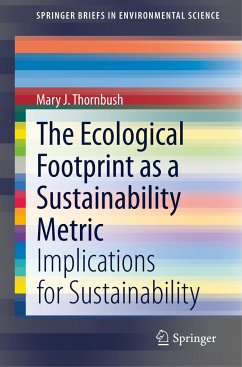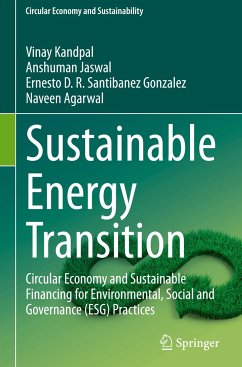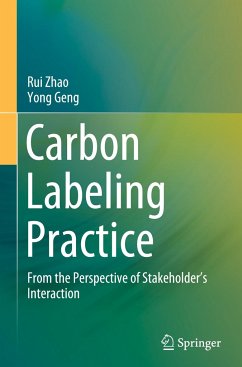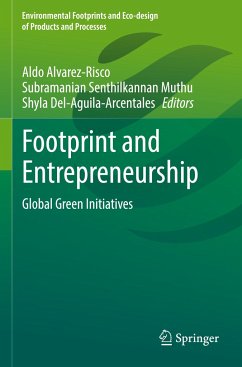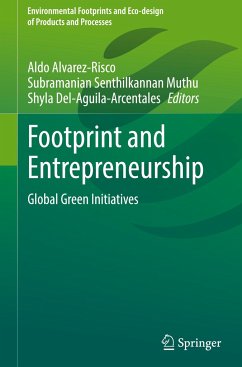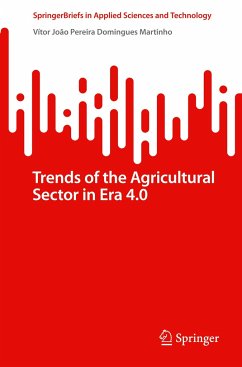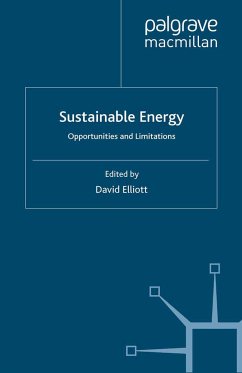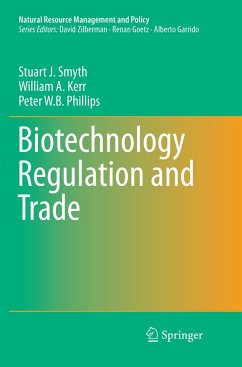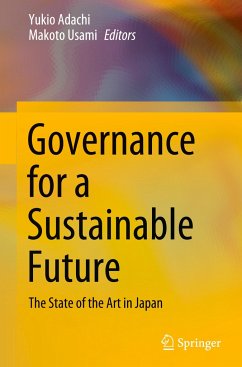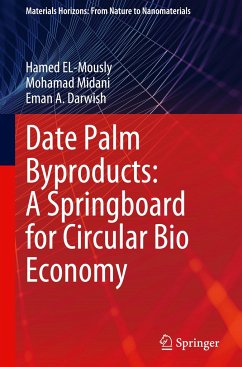
Sustainable and Environmentally Friendly Dairy Farms

PAYBACK Punkte
23 °P sammeln!
Sustainable and Environmentally Friendly Dairy Farms presents an innovative environmental proposal. While chiefly focusing on dairy farms, the environmental solution it describes is applicable to the entire livestock sector. The book is divided into five chapters, the first of which addresses the carbon footprint of dairy farms. Chapter two provides an overview of the animal production system, focusing on the physiology of the ruminant stomach and the greenhouse gases emitted by dairy cows. In turn, the third chapter covers dairy farm systems, explaining both intensive and extensive husbandry ...
Sustainable and Environmentally Friendly Dairy Farms presents an innovative environmental proposal. While chiefly focusing on dairy farms, the environmental solution it describes is applicable to the entire livestock sector. The book is divided into five chapters, the first of which addresses the carbon footprint of dairy farms. Chapter two provides an overview of the animal production system, focusing on the physiology of the ruminant stomach and the greenhouse gases emitted by dairy cows. In turn, the third chapter covers dairy farm systems, explaining both intensive and extensive husbandry systems. The book's final two chapters present the-state-of-art in CO2 capture, and describe a new and innovative CO2-RFP strategy.
Given its scope, the book will be of interest to chemists, biologists, biotechnologists, and researchers active in agriculture and food-related areas, as well as those working in the food and dairy industry.
Given its scope, the book will be of interest to chemists, biologists, biotechnologists, and researchers active in agriculture and food-related areas, as well as those working in the food and dairy industry.





